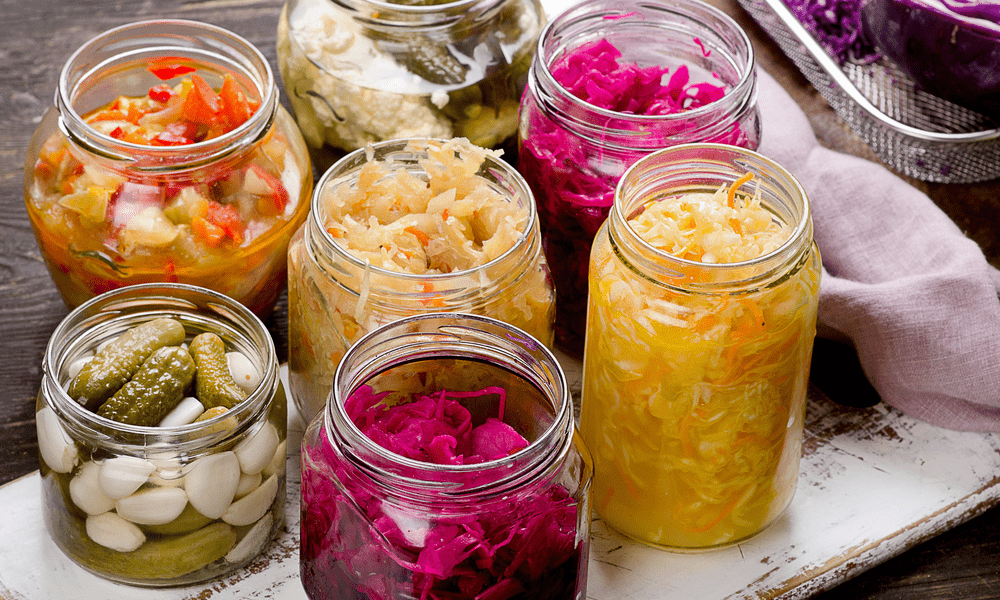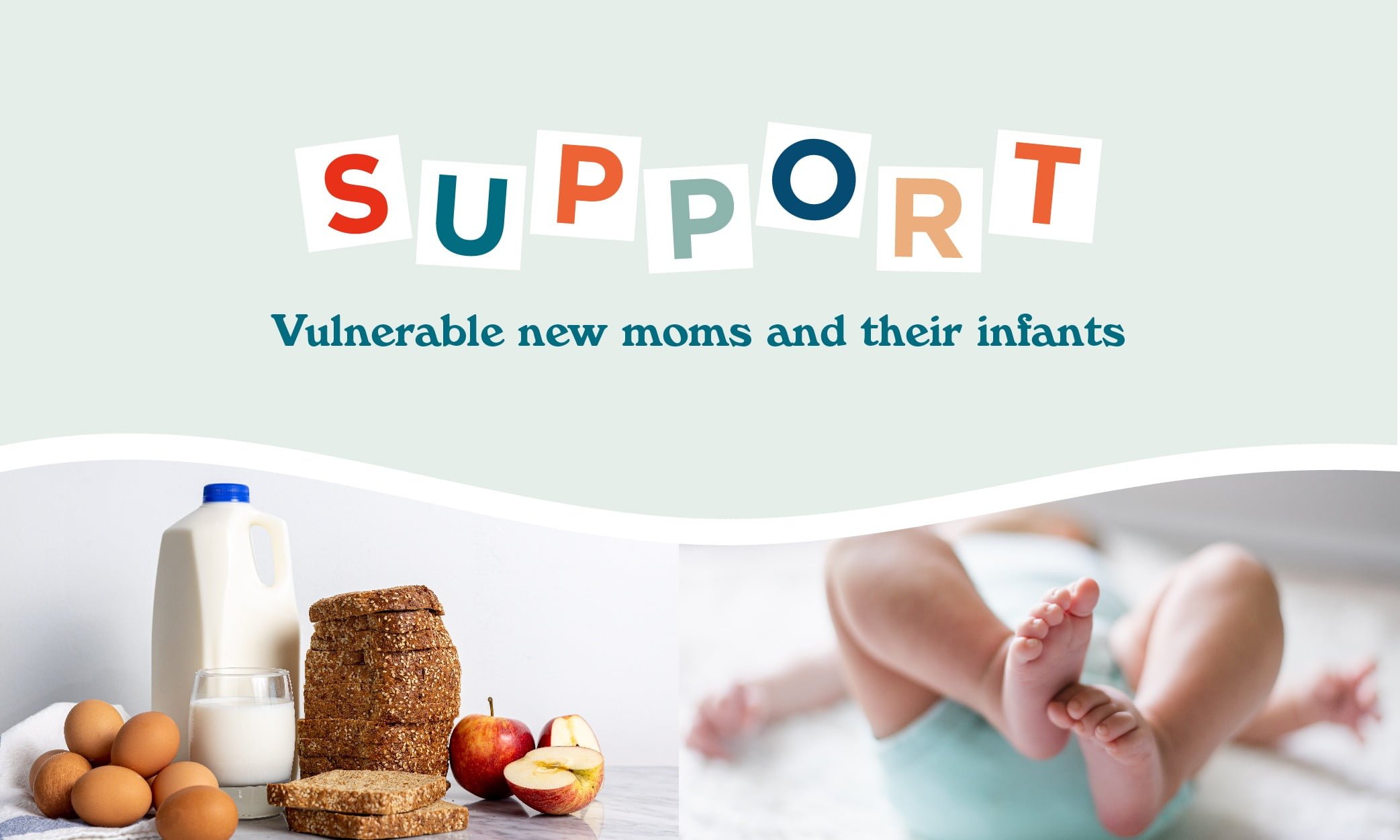This peppermint white chocolate creamer is the perfect way to enjoy your favourite holiday coffee…
Gut health has been a topic of much discussion, and for good reason: a healthy gut microbiome can have an impact on many aspects of life, from mental health to helping fight the common cold and preventing some types of cancer. With all this gut health buzz, you’ve probably heard the terms prebiotic and probiotic thrown around, but do you know what they mean? While they might sound the same, one letter makes all the difference…
Probiotics
Out of the two, this is probably the term you’re most familiar with. From probiotic supplements to probiotic infused snacks, you can barely grocery shop without running into it at least once.
“Probiotic” literally means “for life”. Probiotics are microorganisms that are often referred to as good bacteria. Before you recoil at the thought of consuming bacteria, rest assured that a diverse ecosystem of bacteria is essential for a healthy, functioning body. Did you know that the number of microorganisms on a human body outnumber our own cells by 10 to 1?!
As mentioned, you can introduce more probiotics into your body through supplementation in the form of pills or fortified foods. You can also consume fermented foods, where the process of fermentation naturally cultivates probiotics – like kombucha, sauerkraut, and yogurt.
Probiotics are considered safe for healthy people, but if you have any concerns, consult your health care professional before supplementing.

Prebiotics
Unless you’re eating a highly processed or low FODMAP diet, chances are you’re eating prebiotics all the time!
Prebiotics are indigestible plant fibers that act as probiotic fertilizer, feeding the healthy bacteria. They move through your digestive tract, largely unaffected by digestive enzymes and are then broken down and fermented by your gut flora. This fiber plays a key role in keeping your gut bacteria alive and flourishing.
While some people have digestive issues with prebiotics, for most of us, they are healthy and essential. Some sources of prebiotics include: onions, sunchokes, rolled oats, beans, and flax seeds.
Supplying your microbiome with a diversity of probiotics from fermented foods or supplements is an excellent starting point for a healthy gut, but feeding the good bacteria with lots of prebiotics is equally important.

Resources


